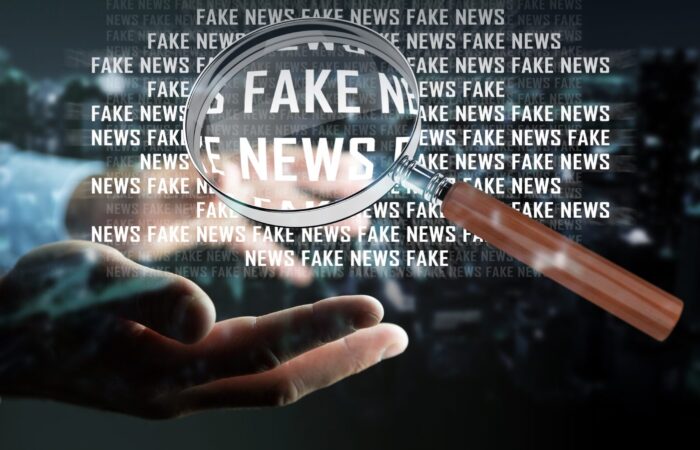
In the week in which the campaign for the 2024 municipal elections officially begins in Brazil, Anik Suzuki, CEO of ANK Reputation, analyzes the reputational risks for companies and leaders during these periods – in a context that combines a record year of elections around the world with polarization, cancellations and the growing dissemination of misinformation, fake news and deep fakes.
Parties and governments pass, companies and their leaders remain.
I usually repeat this phrase every time an election period begins, and in 2024, it will be no different. The municipal elections are coming up, and with them come risks to the image and reputation of brands and people. Although it is always a very welcome exercise of democracy, during electoral processes traps arise that generate disruptions in the corporate environment and losses of various kinds, including financial losses and losses in stakeholder relationships.
Who has never witnessed, even as an observer, cases of disagreements between leaders and subordinates, colleagues, executives and their clients, and in groups in which they participate in past elections? Not to mention problems with family members, friends and close people.
This phenomenon is not new, nor is it exclusive to Brazil. In 2024, however, the issue will require even more caution. Around the world, around 2 billion people, or almost half of the planet’s adult population, are invited or summoned to vote in more than 60 countries – a historic electoral record. Never before have so many voters in so many nations chosen their leaders, a fact that has led many analysts to call 2024 the “Year of Elections”.
Here, almost 156 million voters will be choosing mayors and city councilors in 5,569 locations. While this coincidence seems to be positive for strengthening democracies and, consequently, business relations, the number of elections is no guarantee of democratic quality. Polarization, aggressiveness, cancellations, misinformation, fake news and deep fakes are all intensified at these times and contaminate not only the political environment but also business and the economy. And there is no prospect of them being eliminated from our daily lives.
Earlier this year, the World Economic Forum Global Risks Report warned about the widespread use of false information and disinformation, as well as the tools to spread them, amid the growth of Artificial Intelligence. The report noted: “It is one of the greatest risks to the planet in 2024 and 2025 – election years in the world”. Violent demonstrations and hate crimes, as well as civil unrest and terrorism, are some of the consequences highlighted by the document. It is always worth asking: who benefits from these acts?
Understand: while for some it’s all or nothing, for you and your company there is a lot to lose..
Therefore, as a simple tip before entering the game of interests of an electoral process, answer these questions for yourself:
Why do I want to publicly express my opinion about a particular candidate/party?
a. To influence people
b. Because I need to vent
c. Because I believe everyone wants to know my position
Why do I raise my voice, fight, get into arguments on social media or withdraw from groups when opinions are contrary to mine?
a. To convince others
b. To assert my vision
c. Because I don't tolerate people who think differently.
Why do I feel that even as a leader of people and businesses I must open my vote or publicly express my personal opinions?
a. Freedom of expression above all
b. Those who are bothered should leave.
c. I cannot lose my identity to adhere to corporate standards.
If you were able to answer the questions and felt good about the answers, then go ahead, knowing the risks and possible consequences. However, if you felt discomfort or doubt, perhaps you should analyze whether part of this heated, excessive manifestation is not just an automatic pilot (“I see everyone else doing it, now it’s my turn”), a search for belonging (“I want to be part of this tribe”) or, who knows, vanity (a search for likes and approval).
This is a tough but necessary conversation about a topic that is often filled with passion. Personally, I believe that no one changes anyone's vote based on posts in groups or on social media, comments or criticisms in meetings or conversations in bars..
If the probability of success is low and the impact of the claim is high, by risking entering this whirlpool, you may be taking away credibility from your reputation savings and harming your company..
Caution, serenity, reflection and self-control is what I recommend.

.
Anik Suzuki is a journalist and CEO of ANK Reputation
aniksuzuki@ankreputation.com.br
Read the document with ANK guidelines for managing image and reputation risks in the electoral context:



